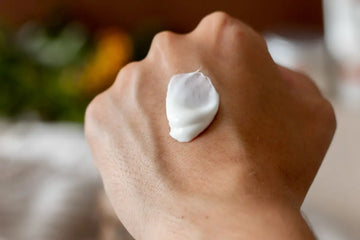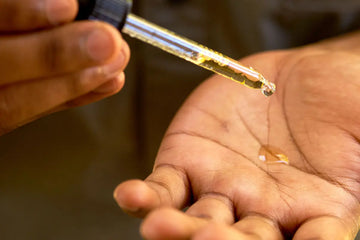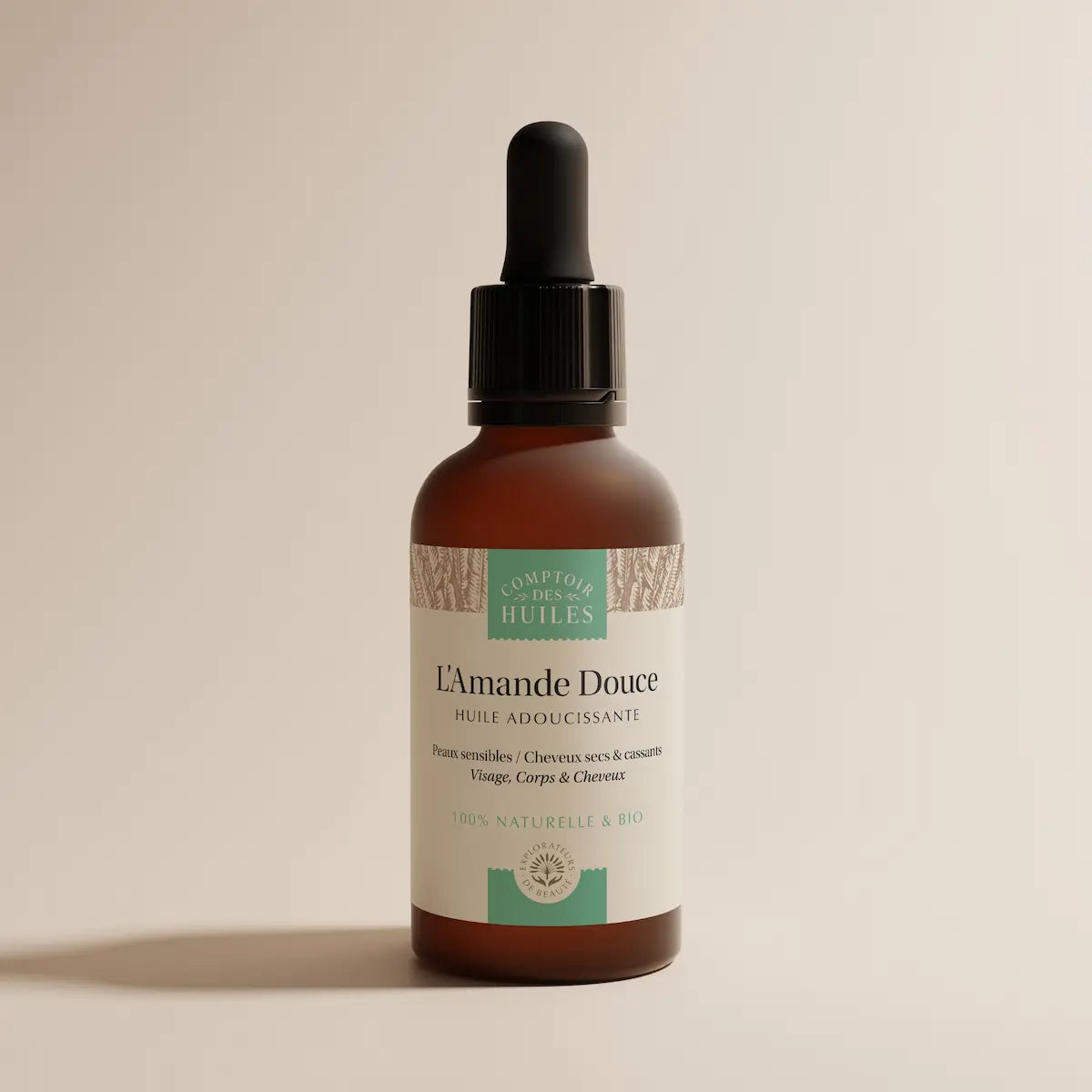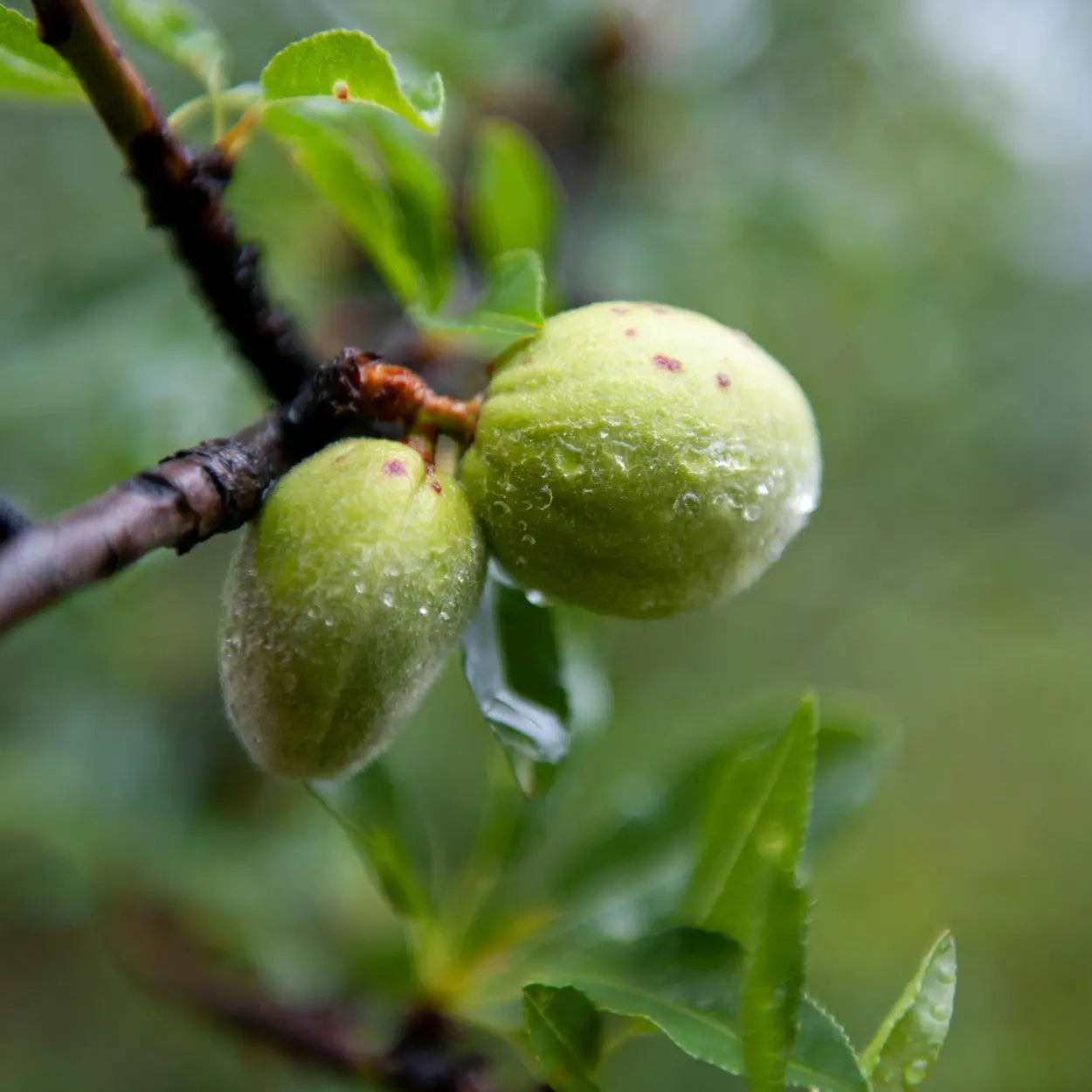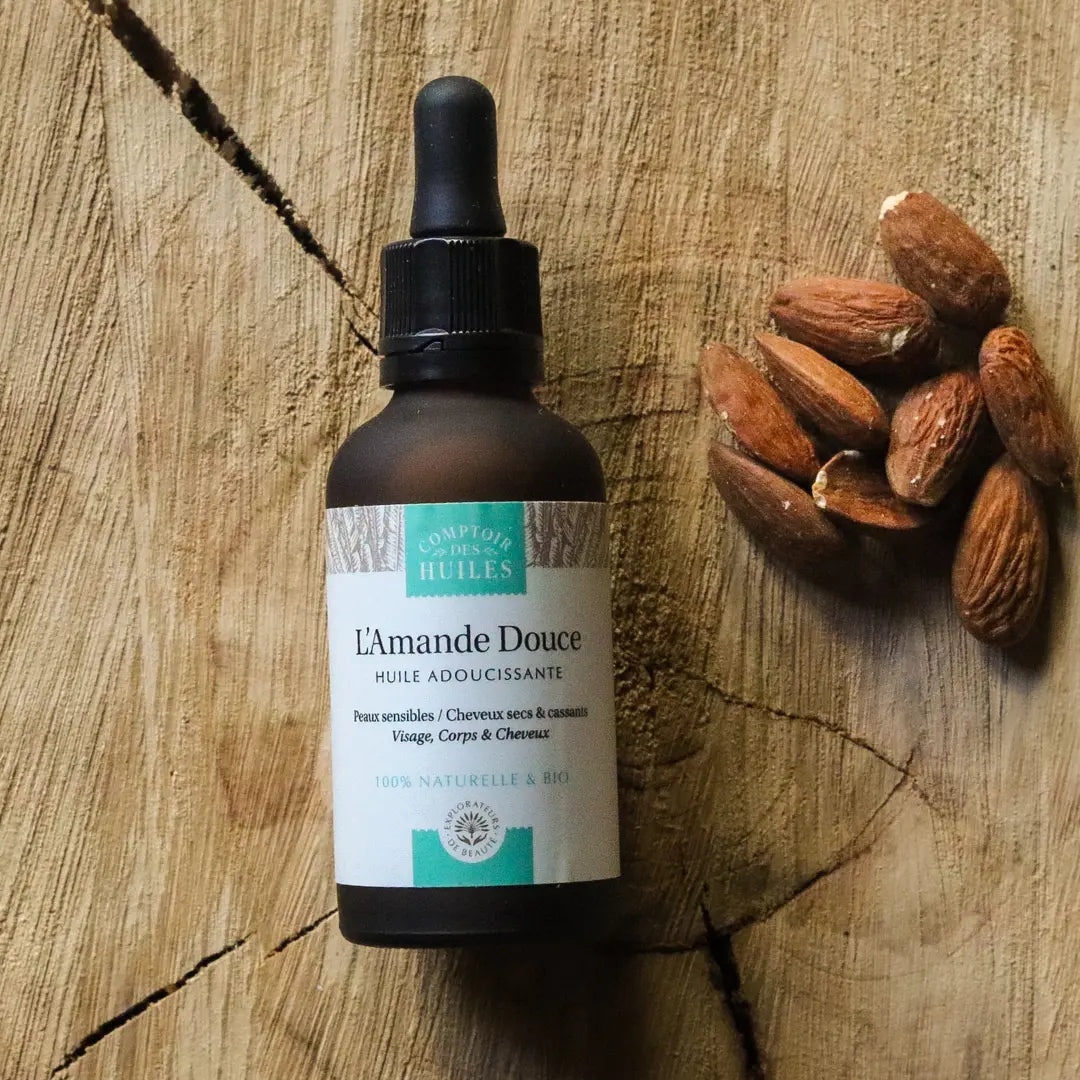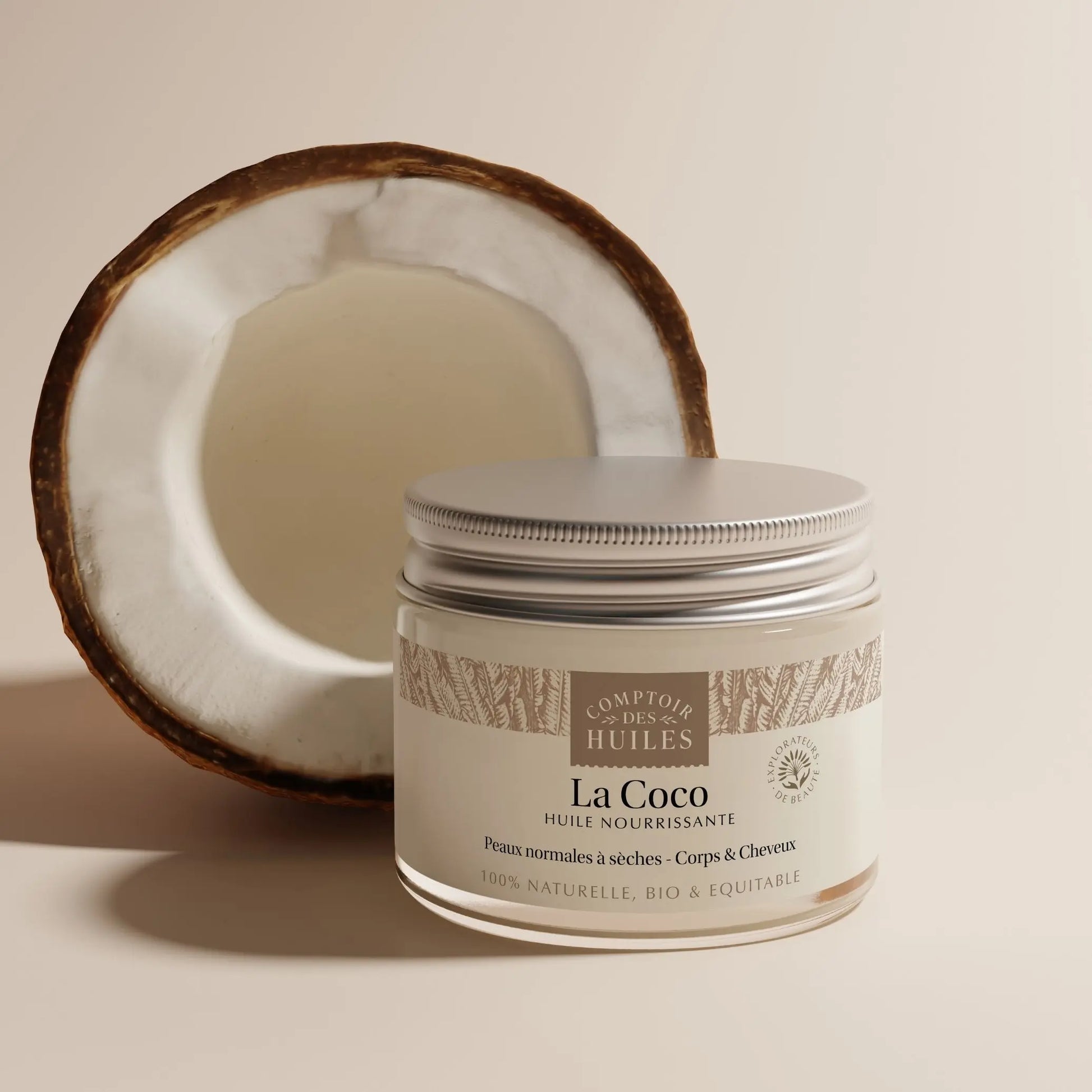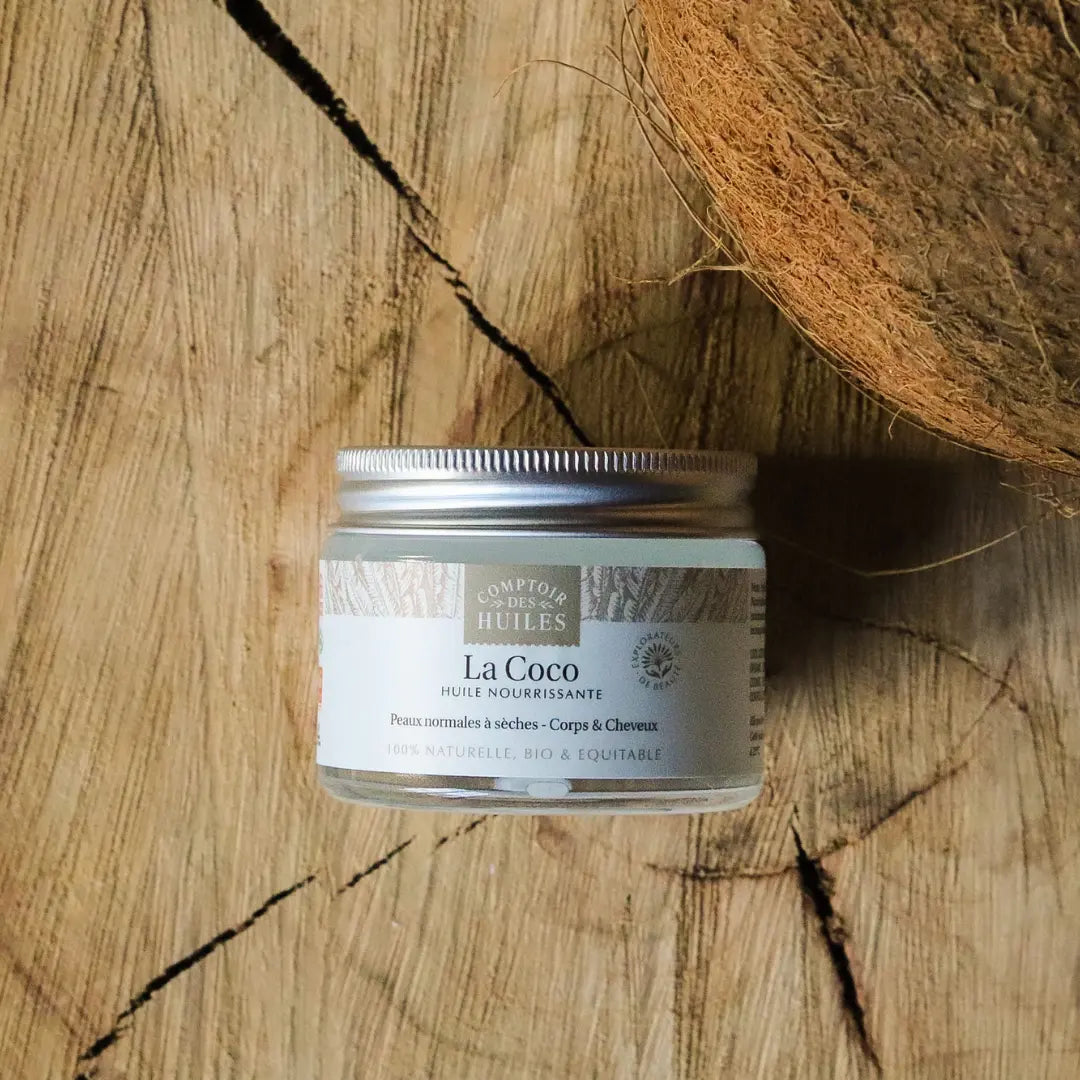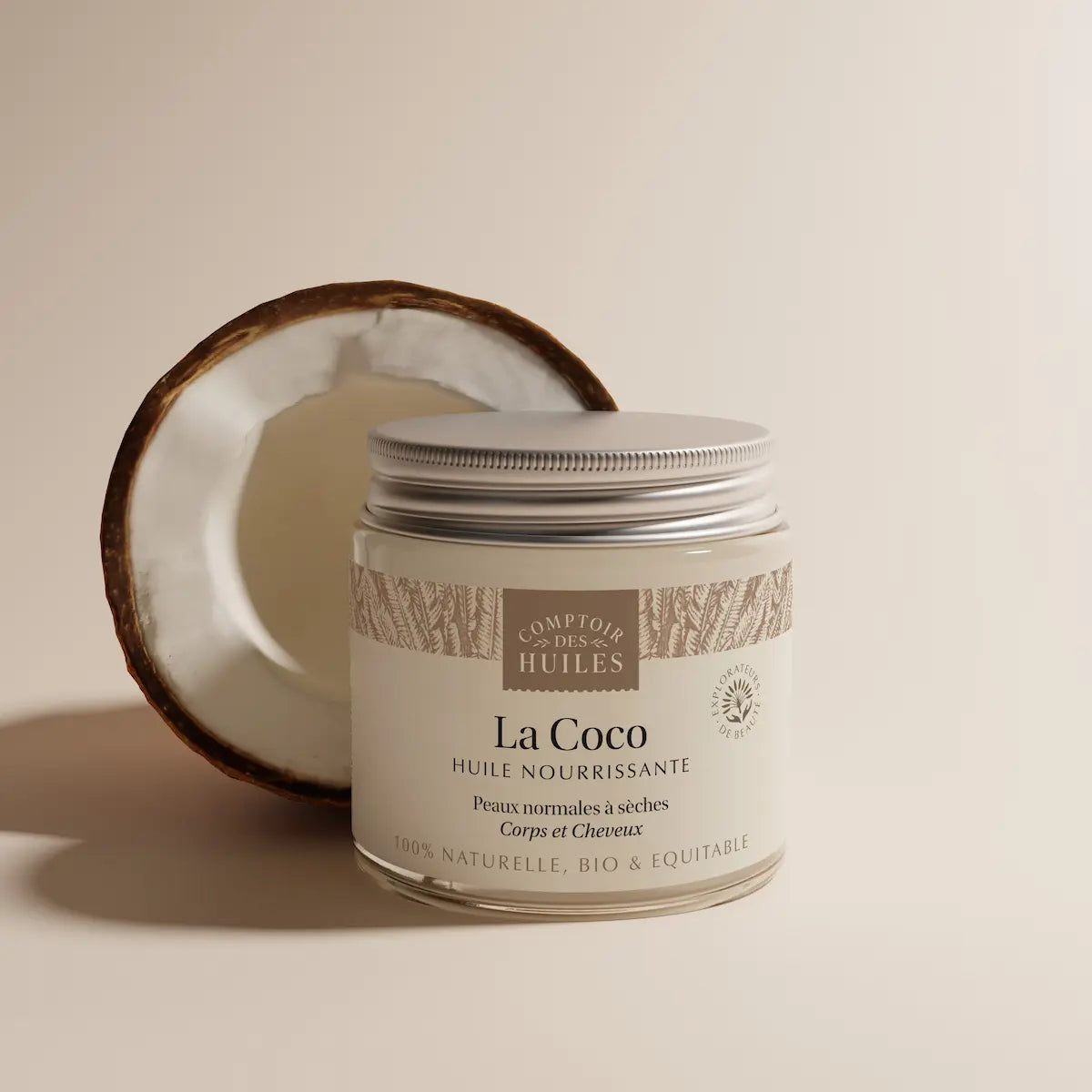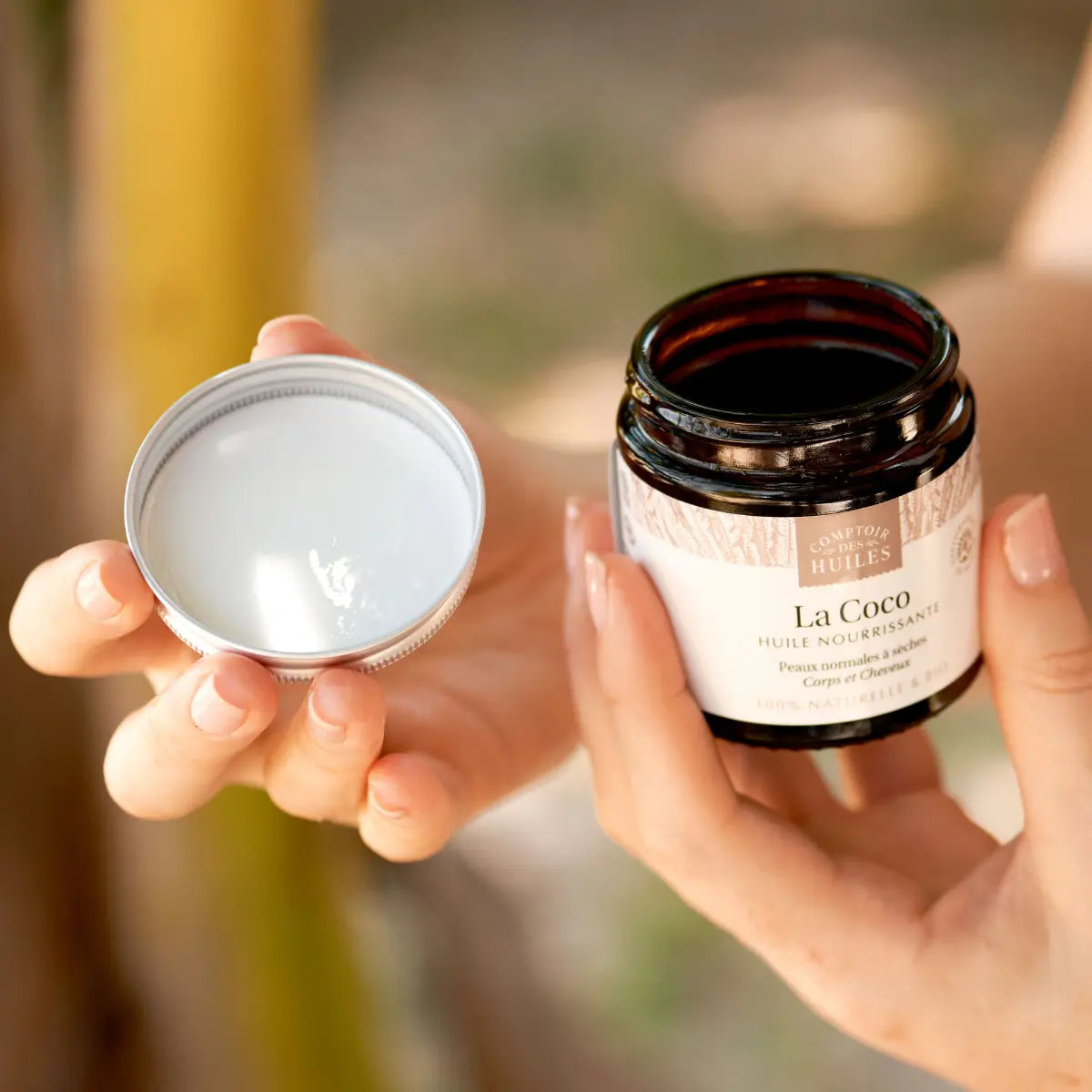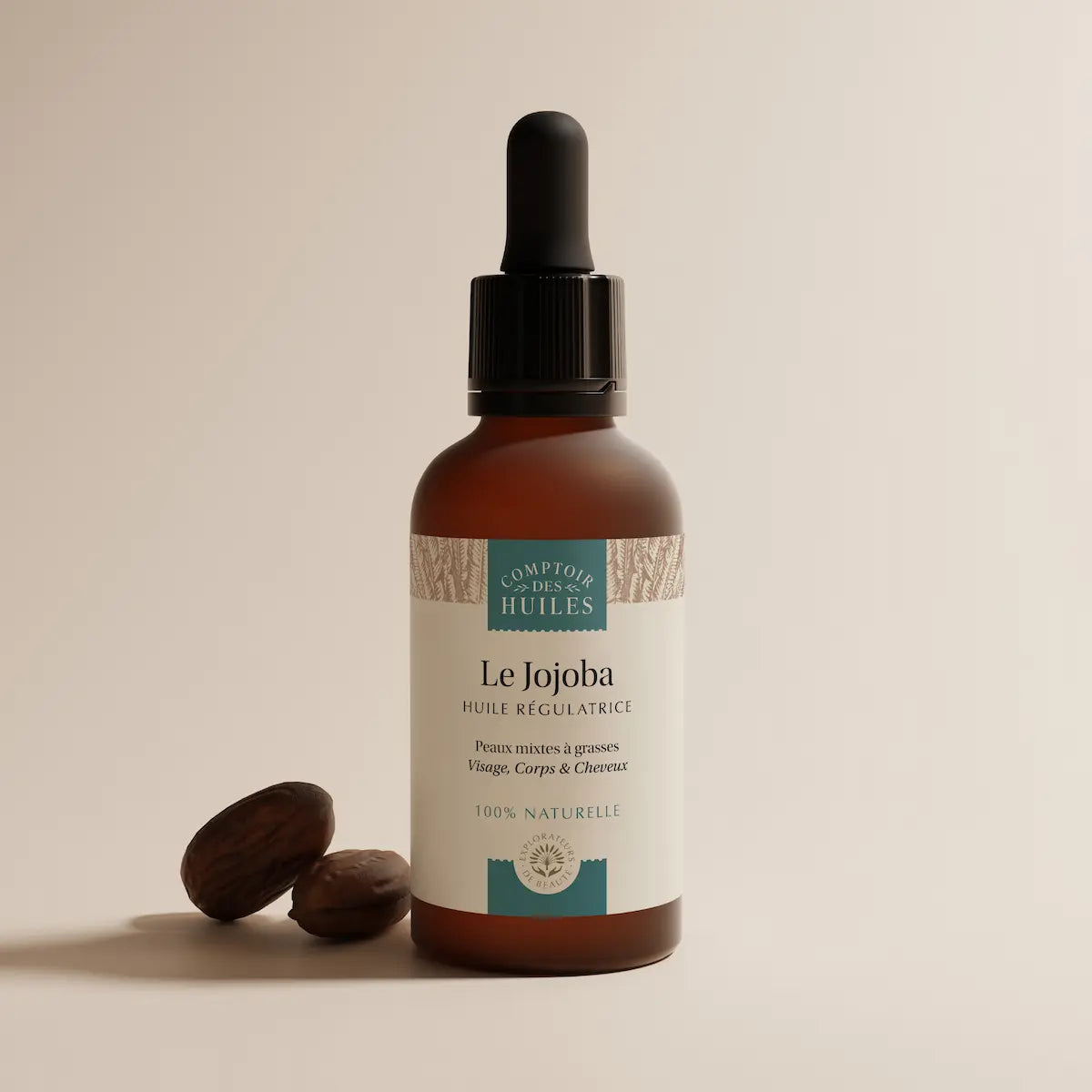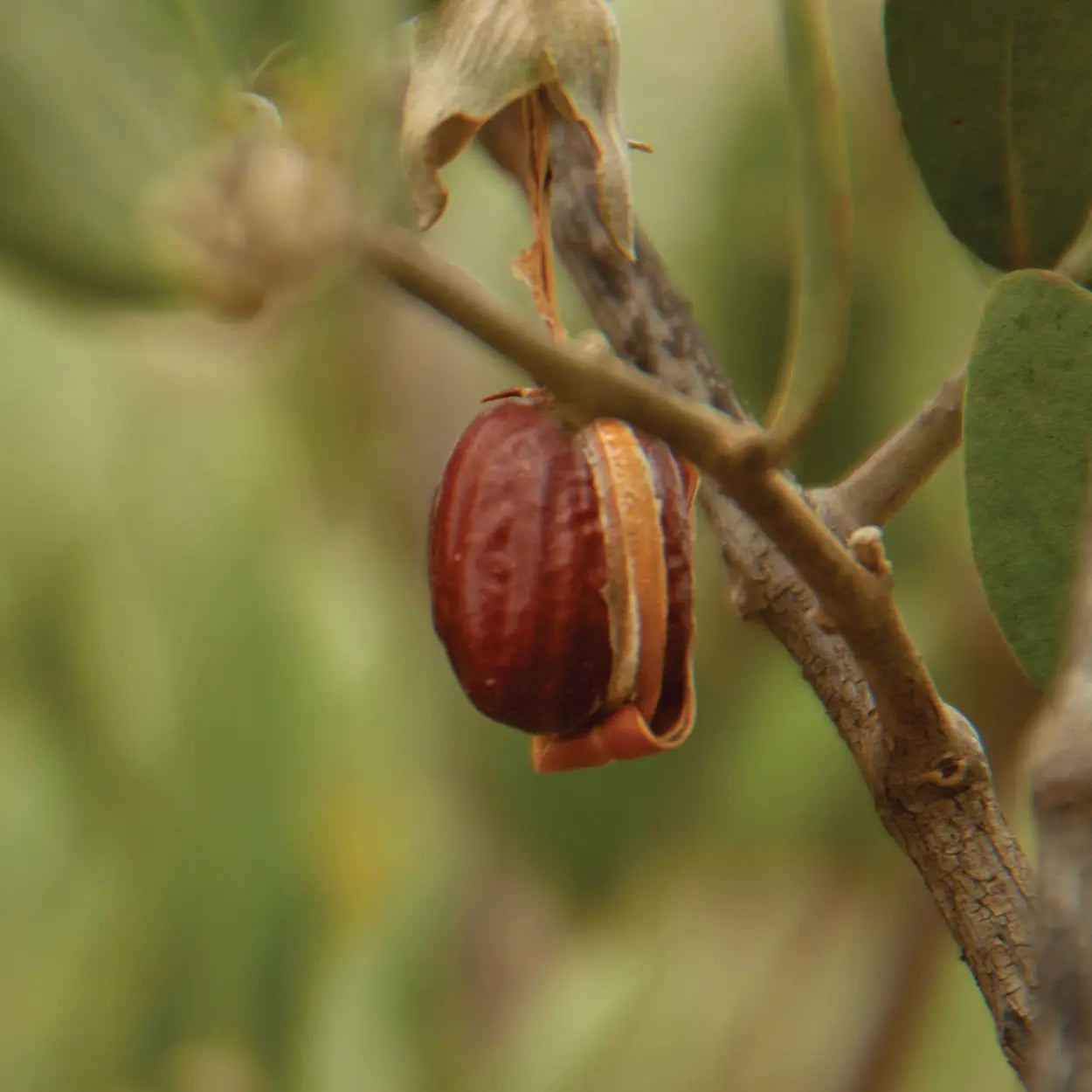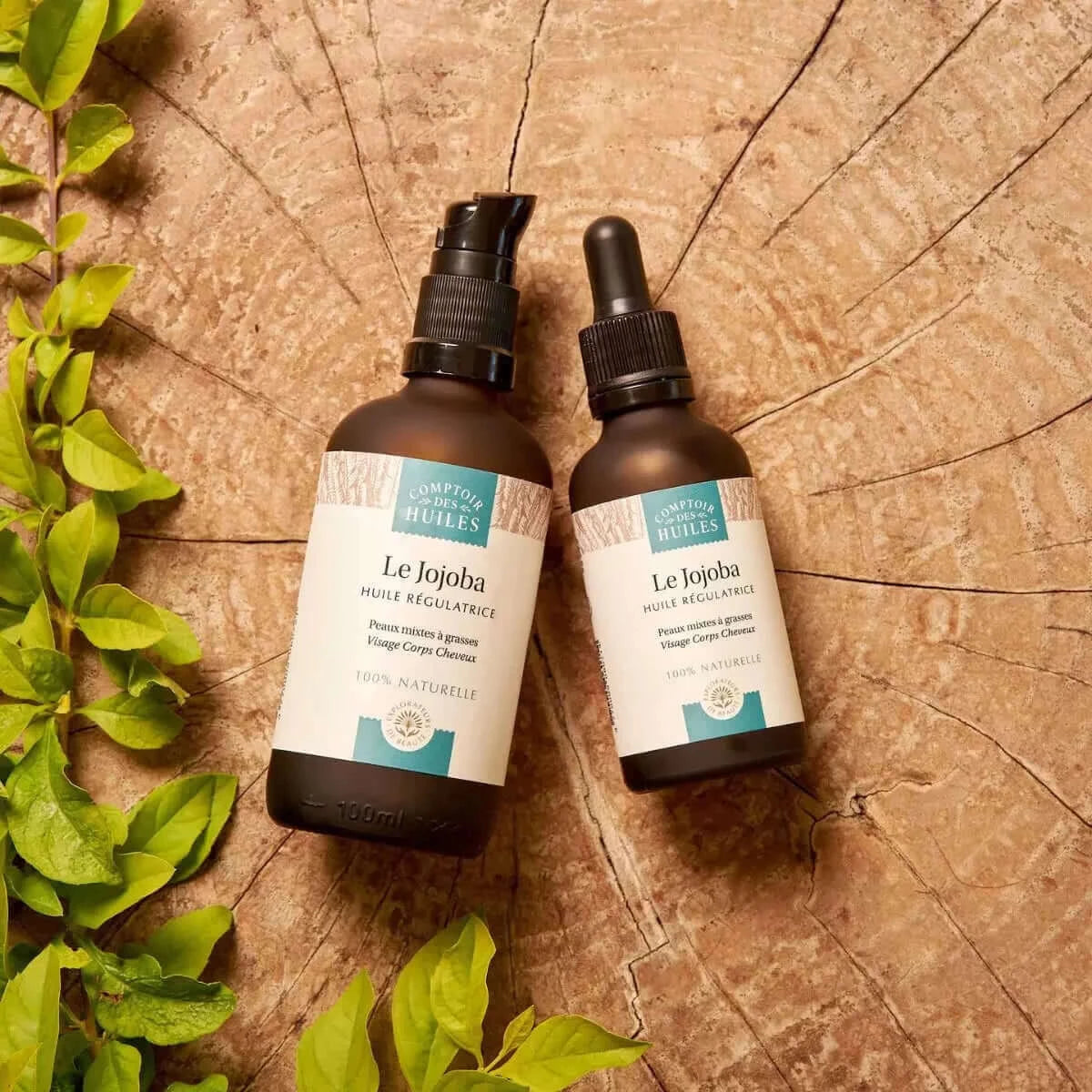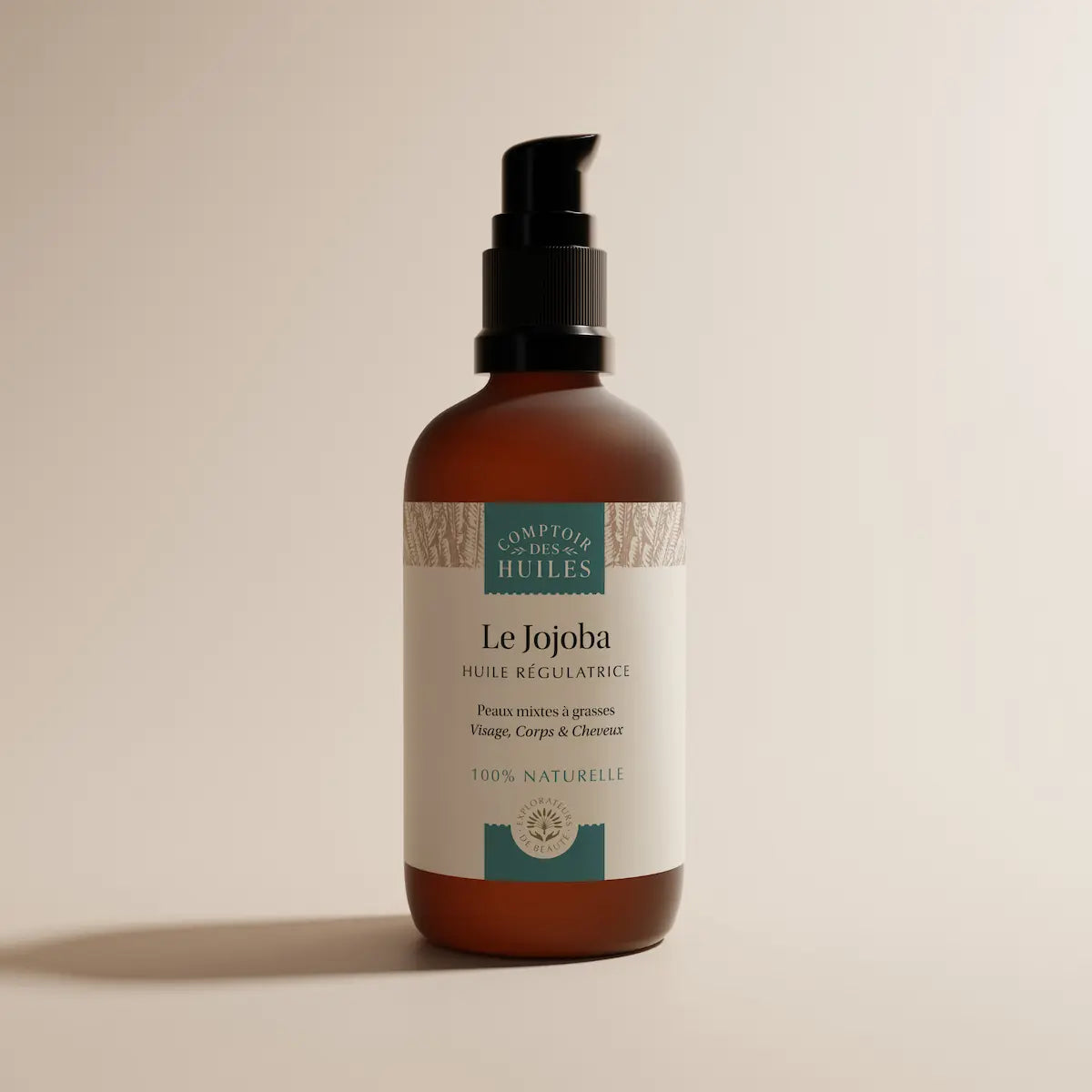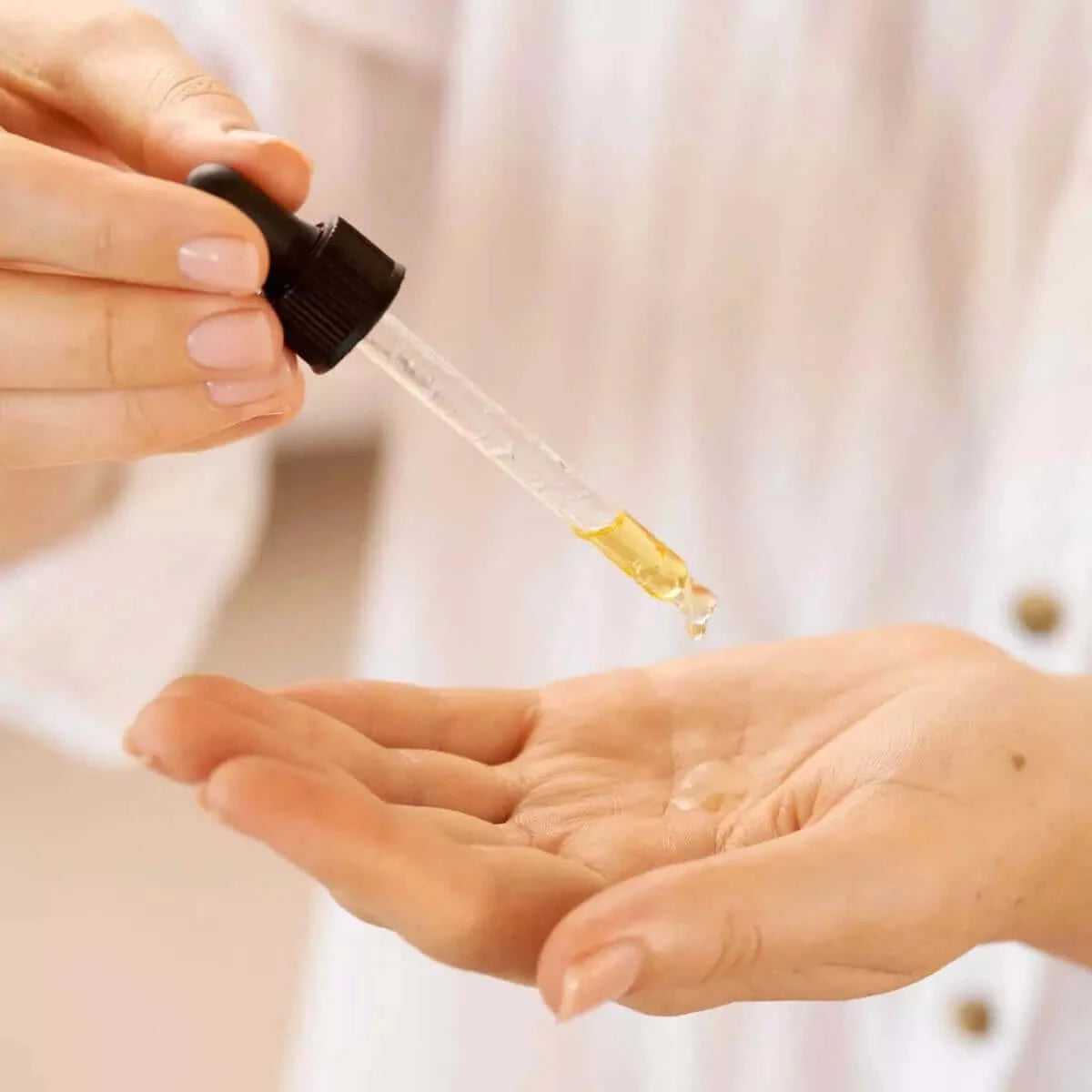What care is suitable for children's skin?
In this age of trends and social media, the pressure to keep up with the latest beauty fads can be intense, even for younger people. Phenomena such as “Sephora Kids” have surfaced, where children are exposed to beauty care rituals, despite the potential dangers to their delicate skin. However, there are safer and natural alternatives for taking care of children's skin, particularly through the use of suitable vegetable oils.
What ingredients should be avoided by children and adolescents?
It is essential to choose skin care products appropriate for children's age and skin sensitivity to avoid potential risks to their health.
- Retinoids: Used to stimulate cell turnover, retinoids like retinol can be too strong for children's skin, leading to irritation and increased sensitivity.
- Exfoliating acids: Acids like glycolic acid or salicylic acid, commonly found in anti-aging products, can be too harsh for children's immature skin, causing redness and irritation.
- Parabens: Often used as preservatives, parabens can disrupt hormones and are associated with long-term adverse health effects, including endocrine disruption
- Sulfates: Sulfates are harsh foaming agents that can cause skin irritation and dryness, especially in children with sensitive skin.
- Synthetic fragrances: Artificial fragrances can trigger allergic reactions and skin irritations in children and adolescents with sensitive skin.
What alternatives to take care of your child's skin?
Plant oils are often used in skin care for their nourishing and soothing properties. When it comes to choosing oils for children, it is essential to favor those that are gentle, non-irritating and suitable for their delicate skin. Here are some vegetable oils recommended for children:
- Sweet Almond Oil : known for its emollient and soothing properties, Sweet Almond oil is ideal for moisturizing children's sensitive skin. It can also help relieve skin irritations.
-
Coconut Oil : This oil is rich in nourishing fatty acids and vitamins, making it an excellent choice for moisturizing and softening children's skin. However, coconut oil should be avoided on the skin of the face because it is comedogenic.
- Jojoba Oil : Jojoba oil is very similar to the skin's natural sebum, making it compatible with all skin types, including children's. It's lightweight and non-greasy, making it a great option for hydrating without clogging pores.
It is important to always perform a skin test before applying any carrier oil to your child's skin, especially if they have sensitive skin or known allergies. Additionally, it is recommended to consult a healthcare professional or dermatologist for personalized advice.


